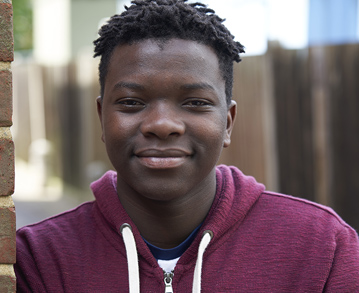With school back in full swing, you may be thinking about how you can help your children establish good study habits that help them succeed in the classroom.
It doesn’t matter how old your child is, it’s never really too early to create an environment that helps them succeed in school. With a little planning, you can come up with the best strategy that works for your children.
As you’ll see in this article, having a quiet room to study is just as important as scheduling daily homework times. It’s also important to make studying fun for everyone, which could involve having a study buddy or even group study sessions.
Create a healthy study area
Establishing a study area away from the TV and other distractions is crucial for any successful homework session, no matter what age your child is. Perhaps you have a room where the adults also do their own work. If a child sees you working, whether in a dedicated office or at the dining room table, it will inspire them to do the same.Whenever you can, sit and do your own work alongside your child. If you don’t have homework, then maybe go over the family budget or update your to-do list. Any time you spend in the same study space will make the whole experience better for your child because, of course, working with others is always way more fun.
Household routine is important
Creating good study habits is easier when you build routines. If you can, make study sessions happen at the same time every night. As much as you can, have it work with another evening ritual, like before or after dinner or before anyone sits down to watch television. This kind of scheduling will make studying a little easier over time.
Get rid of unnecessary electronics
Obviously, homework increasingly requires students to use electronics because so much of the work is online. So, using a computer is almost a must, particularly for older children. But beyond that, you can limit, or nearly eliminate, the use of cellphones and other electronics. If you want to know exactly what your child needs for studying, it’s best to check with his or her teacher. That way you can follow the same rules already established in the classroom.
Prioritize planning
Prioritizing projects and staying on top of different assignments can be a challenge. As your child starts to juggle more responsibilities in higher grades, time management skills grow increasingly important.
Introducing good habits early will help in the long run. Try creating a schedule with project and assignment due dates. Once deadlines have been established, then you can start to cater studying to your child’s specific needs. If your child likes to one subject over the other, figure out if it’s best to get the difficult homework out of the way, or focus on the fun stuff first.
You can also help your child map out how much time each night can be spent on projects that aren’t due for another week or more. This illustrates the need to plan ahead and get some work done early.
Study buddies
Finding a study buddy for your child, no matter how old they are, is one of the best ways to make homework enjoyable. Having a friend over—or classmates for group projects—teaches your child how to work collaboratively. It’s important to make sure the study sessions remain productive. To do that, you can always make host homework parties in highly visible areas, like a dining room or living room, which makes it easier to monitor.Your homework strategy can be as complex or as simple as you want it to be. It will obviously need to be unique to your child, based on his or her age. It will also change over time, which means you may need to adapt new components with every new school year, or even between semesters if your child is in secondary school. But, either way, you’ll be getting involved in your child’s education and coming up with the best study habits to set them up for success.






































